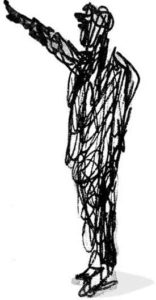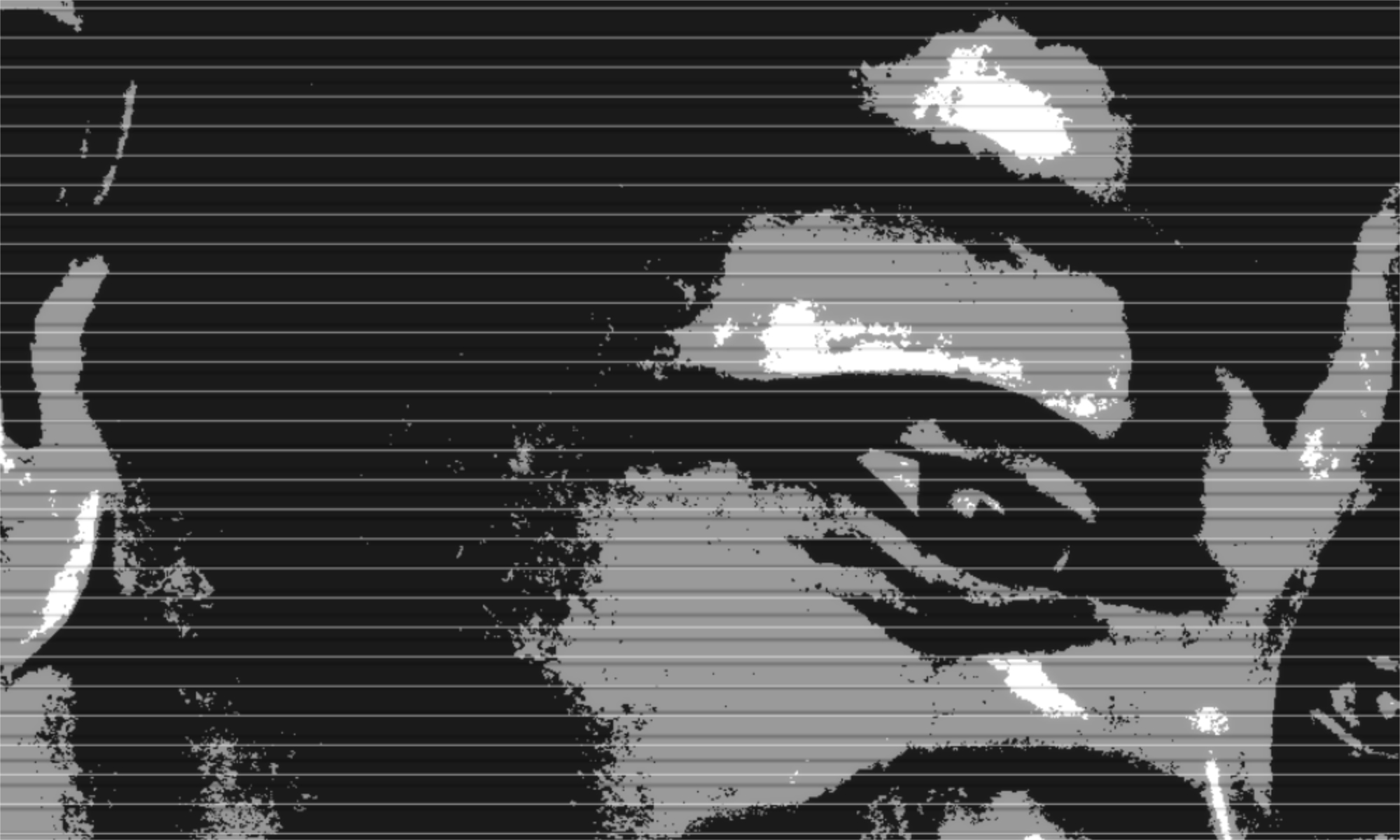 American colonialists all but wiped out the North American indigenous population. The new nation’s infrastructure was built largely on the backs of African slaves. The Emancipation Proclamation was issued in 1863, but with Lincoln’s assassination and the disaster of Reconstruction, racism continued unabated.
American colonialists all but wiped out the North American indigenous population. The new nation’s infrastructure was built largely on the backs of African slaves. The Emancipation Proclamation was issued in 1863, but with Lincoln’s assassination and the disaster of Reconstruction, racism continued unabated.
What is it that continues to drive white supremacy forward in the United States? Robert Jensen, in his little book, The Heart of Whiteness, explains:
The primary force that keeps white supremacy firmly in place is the material and psychological gains that come to white people, which are bolstered by an ideological support system.1
The two emotions that provide the support system are guilt and fear.
White Guilt
Unfortunately, most white Americans’ guilt ends up dead-ended because it remains unexamined, which contributes to the resiliency of white supremacy. The task is to separate sadness from guilt and then develop an understanding of when a sense of guilt is appropriate.1
White people often express guilt about slavery or racism in general. Both are nonsensical:
Guilt implies responsibility, and I cannot be responsible for something that existed before I was born. Much the same can be said of racism as a system. It predates my birth and is maintained by forces that I cannot change by action on my own…1
So why is such guilt so common among white people?
I think many white people stay stuck in that sense of guilt about being white for two reasons. First, if one keeps the focus on that abstract sense of guilt, one rarely gets to the appropriate guilt for specific racist actions; it’s a convenient way to avoid accountability. Second, such guilt is a way for white people to avoid taking action. If one feels guilty, it is easy to feel paralyzed, which makes it easy not to act.1
But there are more productive ways to understand white guilt:
There are things about which I can, and should, feel guilty. Again, guilt implies responsibility. And I am responsible for two things in this realm: 1) those racist acts that I have committed in my life, and 2) my failures to do all that I can to resist white supremacy and contribute to changing a racist system.1
The responsibility to change a white-supremacist society is greater for those who benefit, intentionally or not, from the inequities in the system. There are always opportunities to push ourselves. That’s why being honest about it can be hard.
As whites, our tendency is to live in denial, avoidance – or to be self-congratulatory. But we must use guilt instead to challenge ourselves and each other in order to do better.
Fear
What do white people really have to fear in a society structured to give them every advantage? There are several types of fear worth examining:
The first, and perhaps most crucial, fear is the fear of facing the fact that some of what we white people have is unearned…No matter how hard we work or how smart we are, we all know – when we are honest with ourselves – that we did not get where we are by merit alone. And many white people are afraid of that fact.
A second fear is more crass: White people’s fear of losing what we have – literally the fear of losing things we own if at some point the economic, political, and social systems in which we live become more just and equitable…[I]n a world in which people have become used to affluence and material comfort, that possibility can be scary.
A third fear involves a slightly different scenario – a world in which non-white people might someday gain the kind of power over whites that whites have long monopolized…This is perhaps the deepest fear that lives in the heart of whiteness…Are non-white people capable of doing to us the barbaric things we have done to them?…
A final fear has probably always haunted white people but has become more powerful since the society has formally rejected overt racism: The fear of being seen, and seen through, by non-white people…What if [non-white people] can look past our antiracist vocabulary and sense that we still don’t really know how to treat them as equals? What if they know about us what we don’t dare know about ourselves?1
As with any process of change and growth, the first step is acknowledgement. If we cannot acknowledge the existence of guilt and fear within ourselves, we cannot be agents for change. White supremacy persists not because of guilt and fear, but because of how we respond to them.
If you are neutral in situations of injustice, you have chosen the side of the oppressor. If an elephant has its foot on the tail of a mouse and says that he is neutral, the mouse will not appreciate his neutrality.2
- The Heart of Whiteness (Robert Jensen, 2005, City Lights Publishers).
- Desmond Tutu
